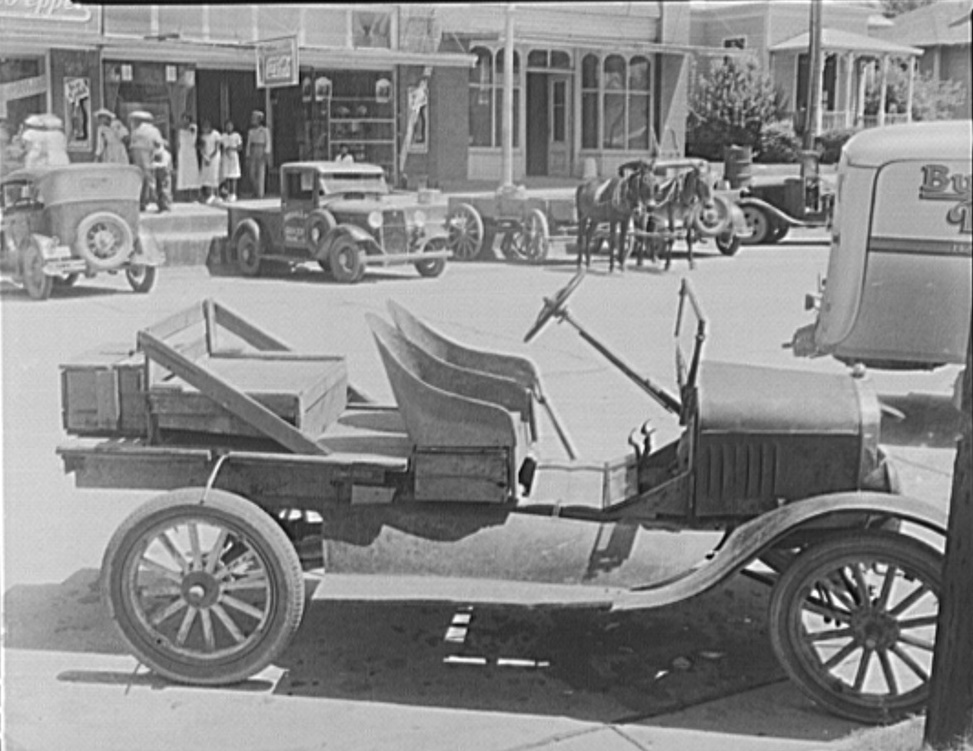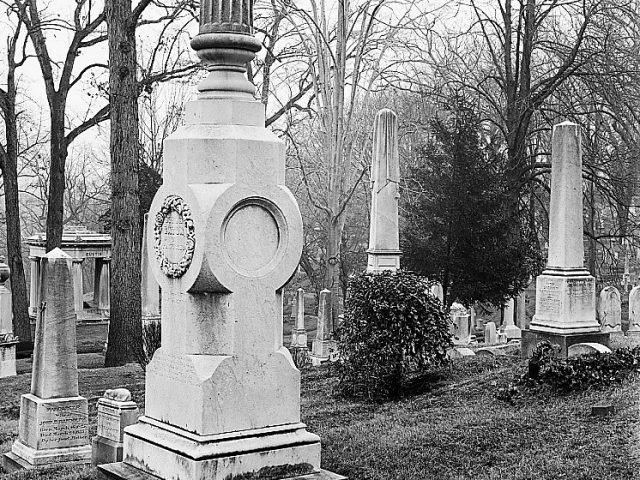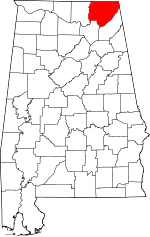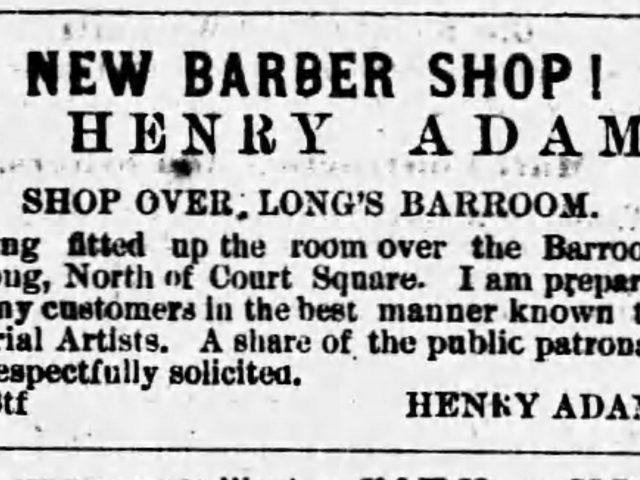“As long as you speak my name, I shall live forever
JOIN US FOR FREE
CANCEL ANYTIME
Become an Alabama Pioneers Patron
During the Great Depression, the Works Progress Administration (WPA) was an employment program created by President Roosevelt in 1935. Over its eight years of existence, the WPA put roughly 8.5 million Americans to work. The Federal agency employed tens of thousands of actors, musicians, writers, and other artists to capture the essence of American life. Many authors throughout Alabama interviewed and wrote interesting stories about people in Alabama. This is one of the stories by Susie O’Brien.
W.P.A.
Alabama Writers Project
Life Histories/Stories
By
Susie R. O’Brien, Writer
Mark Clemp
Nine miles southeast of Marion, on the Hamburg road
(Transcribed exactly as written with grammatical errors on October 20, 1938)
MARK CLEMP
Mark Clemp trudges wearily along the dusty road toward his home. He has been to Marion, a distance of about nine miles, to purchase his small stock of groceries, which he carries in a dirty meal sack thrown across his shoulder.
At each passing car, he looks up hopefully, his blue eyes peering from beneath his shaggy brows. He stops for a moment on the side of the road, thinking perhaps someone might give him a ride and thus save him a few miles of the eighteen-mile walk to and from his home.
As the car passes on without stopping Mark bows his head dejectedly and pulling the dirty brim of his old felt hat over his eyes to shut out the cloud of dust he resumes his walking.
Mark wears a pair of faded overall pants, an army coat which once belonged to a much smaller man, the sleeves stopping halfway between his elbows and his large toil worn hands, his shirt shows signs of having once been white the collar of which in no spot touches his thin neck. The lower part of his face is covered with several days growth of reddish beard.
Mark’s progress is slow, for he has to stop often to remove the gravel from the worn sole of his shoes, so he had not gone far when a car slows up and a cherry voice calls, “hey, old man if you are going my way hop in”. With a broad grin Mark quickens his step and after seeing that his sack of groceries is first taken care of he climbs in and sits uncomfortably on the edge of the seat.
After a few miles he begins to feel more at home so he settles back comfortably and ventures to start a conversation. “Nice car you got here mister, they sho saves a feller a heap of steps, I aint never owned nary one myself and I dont reckon I ever will.
You see we come here from Hale County ’bout six or seven year ago and we aint done so well. I rent a little place and farm on shares. I’m what we call a share-cropper, the landlord gits half and I gits half. But we aint made no crop this year and I dont git nothin’.
Me and Etta, thats my old lady, managed to make enough to feed us and that about all. I planted nine acres of cotton and five acres of corn, well both them crops went bad on me. I dont know as I’ll stay on this place next year, the house does very well but the water is turrible, its got sulphur in it, the clothes washed in it is yeller and look like they been starched.
Etta and me has got three children, all growed up now, the girl is married and gone and one of the boys is, God knows where, he just walked off and we aint never heared from him since. If it hadn’t a been for my boy Alex in the C. C. C. Camp I dont know what we woulda done. what he sent sho heped us out mightly.
“But Alex aint in the camp now so they give me a job on the road, that will keep me from runnin’ into debt. I work seventeen miles from whar I live so I have to git out early sometimes I ketch a ride and sometimes I dont.
Etta gits up at three o’clock to cook, she aint able to do it but she hates for me to have to take cold stuff, she aint sick or nothin, just gittin’ old, she is fifty-two now.”
Mark is quiet for a while now and seems to be studying with interest the signboards, finally with a wistful look he says, “I wish I could read them signs, they got such purdy pictures on ’em, I sho have missed a heap cause I aint got nary bit of schoolin’, not nary bit. I’m sixty-six year old and I aint never been to school three months in my whole life, I dont know why, reckon my old man had work for me to do. I’d give most anything if I could read a little. My old lady can read printin’ a little and I wish I could too. I heared about the schools where grown folks can go and learn to read and write but I aint never seen whar I had the time to go.”
“But I sent the children to school”, he said proudly. “I didnt want them to be like me and Etta, one stopped in the ninth one in the seventh and one in the sixth grade, couse I coulda whipped ’em and made ’em go longer but I figgered it wouldn’t do much good if they wanted to quit. But it sho would be nice if I could read them signs.”
Once more Mark busied himself with counting the small packages in the dirty meal sack, making sure that each and every one of his purchases are still there.
The car stops at the cross road and he climbs out, shoulders his sack and makes his way across the field of dried cotton stalks to his humble home.





